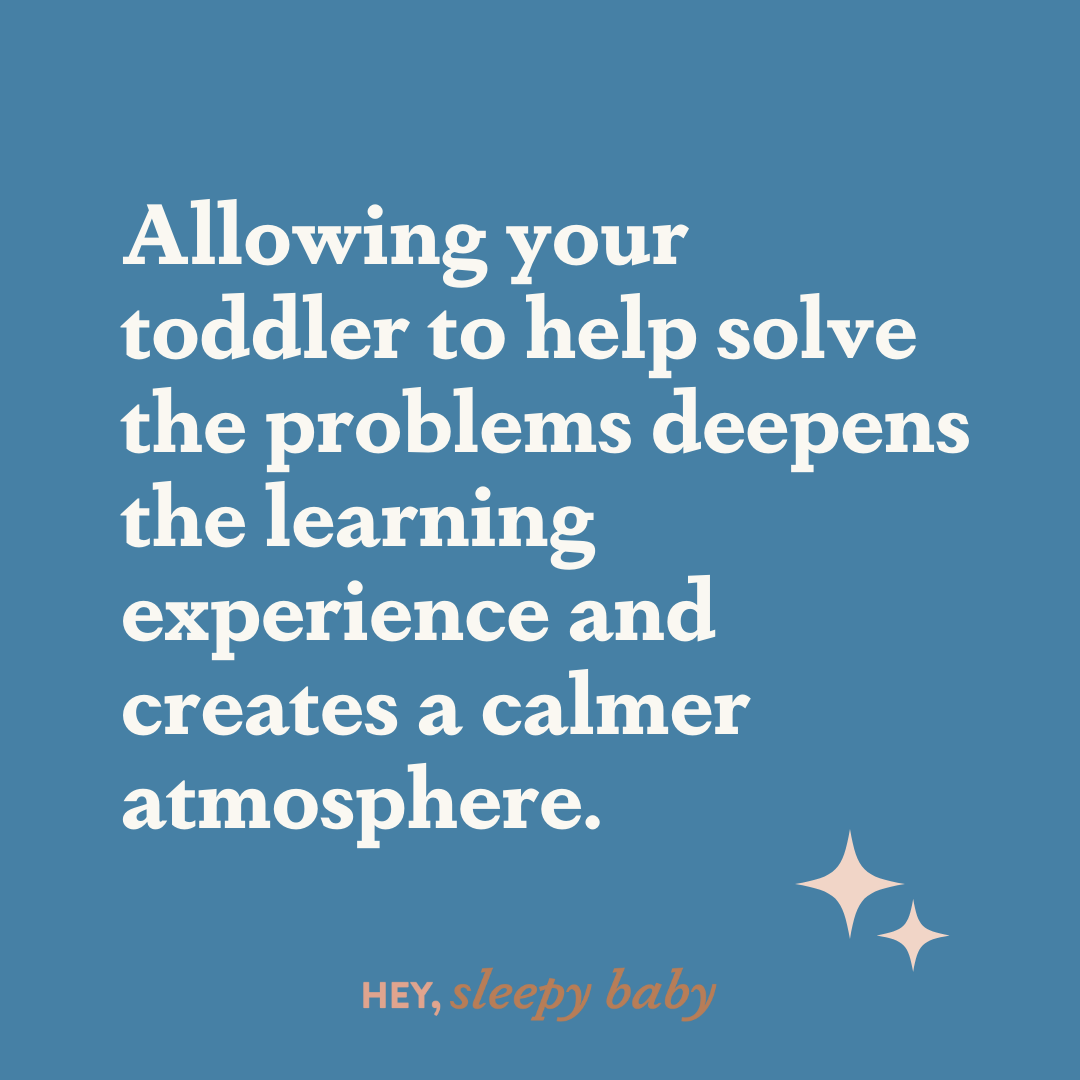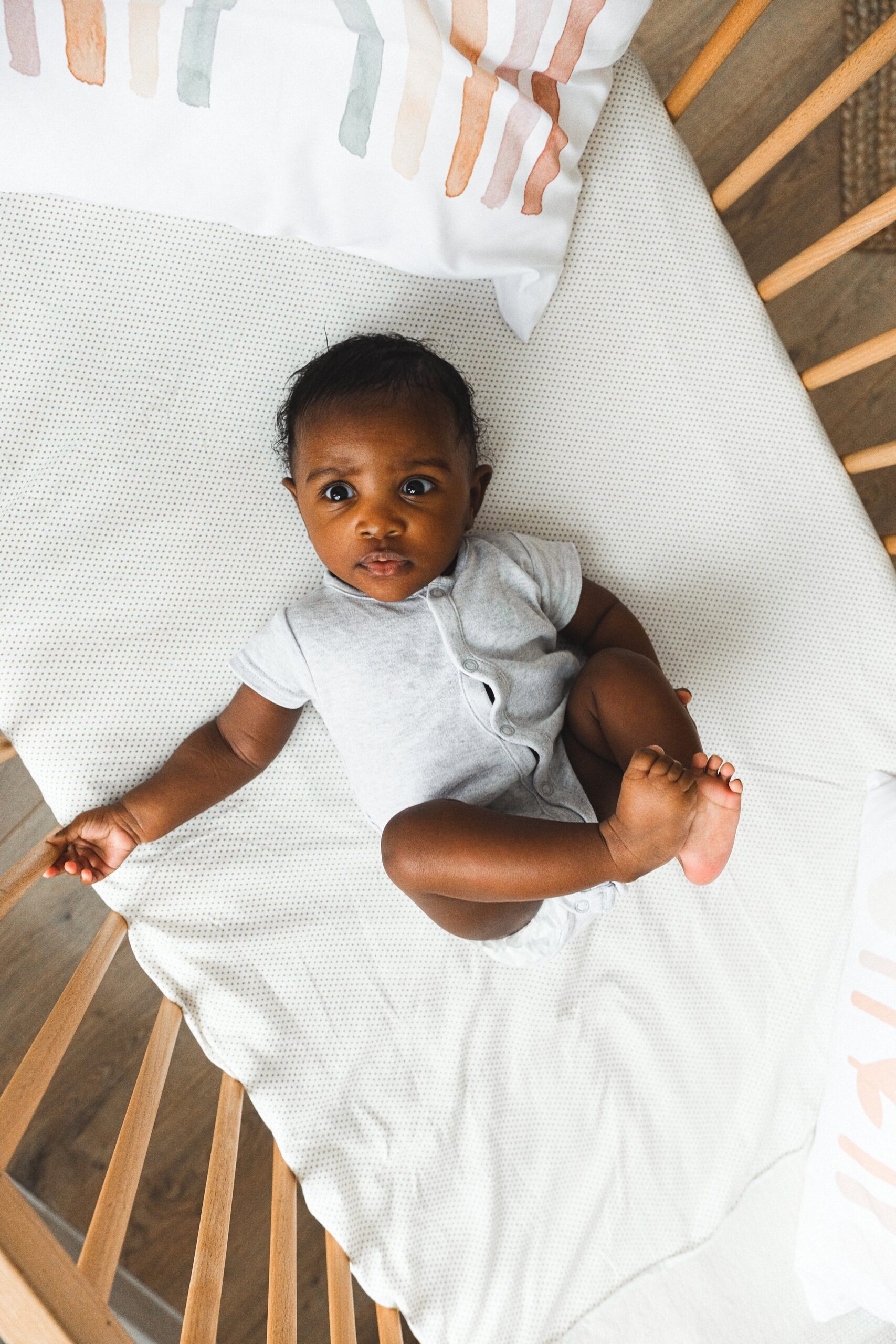I'm Rachael
Mom of 3 & Baby Sleep Expert with Big Sis Energy
& I’VE DONE ALL THE RESEARCH FOR YOU ALREADY.
Better sleep for the entire family
BROWSE COURSES
hey!
Gentle Parenting: Approaching Sharing with Gentle Parenting Techniques
July 27, 2022
This blog is fresh off the press as we are big into the world of turn taking, sharing and peer disputes. My daughter is 27 months old and at the beginning of her turn taking, learning journey. Play dates are currently exhausting and I find myself digging deep for an abundance of patience. My daughter is a highly spirited, strong willed, not easily distracted character and so this has been a big parenting experience for us.
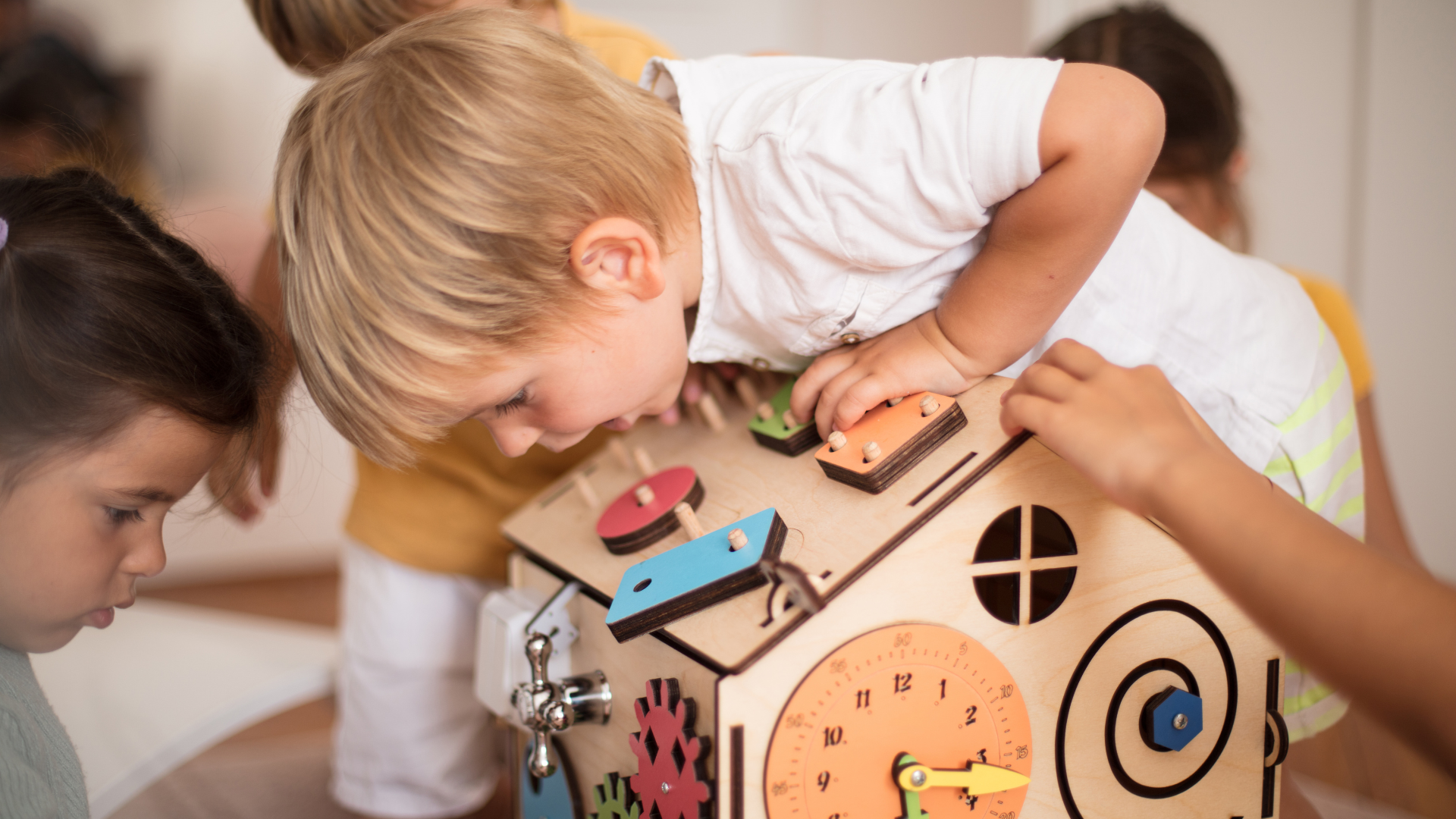
I had always planned to gently parent as it feels very natural to me and aligns with my core beliefs. It is how I taught in the classroom and underpins my philosophy of education. However, it is an entirely different world when it’s your own child and working on those parenting triggers is hugely important. In the classroom I didn’t feel judged when children were struggling to navigate conflict but when it’s my daughter and she’s taking everyones toys or hoarding all the toys and exclaiming that ‘she’s not kind’ and she ‘doesn’t want to share’. It’s very hard to remove yourself and remember that she too is just struggling to navigate conflict and not trying to test you or embarass you and in fact it’s not about you at all! The month before she turned two we seemed to go through a developmental leap and then she didn’t want anyone to play with any of her things but was so engaged and interested as I modeled turn taking and roleplayed taking turns with her teddies. Within a week she was turn taking and really enjoyed practicing turn taking with her friends and I was hugely smug and thought I had really nailed this gentle parenting malarkey. However, as she always does with skills, she got bored and the novelty of turn taking was definitely less than the impulse and emotions behind wanting to keep everything for herself.
So these are some of things I have found useful in preparing her for navigating sharing:
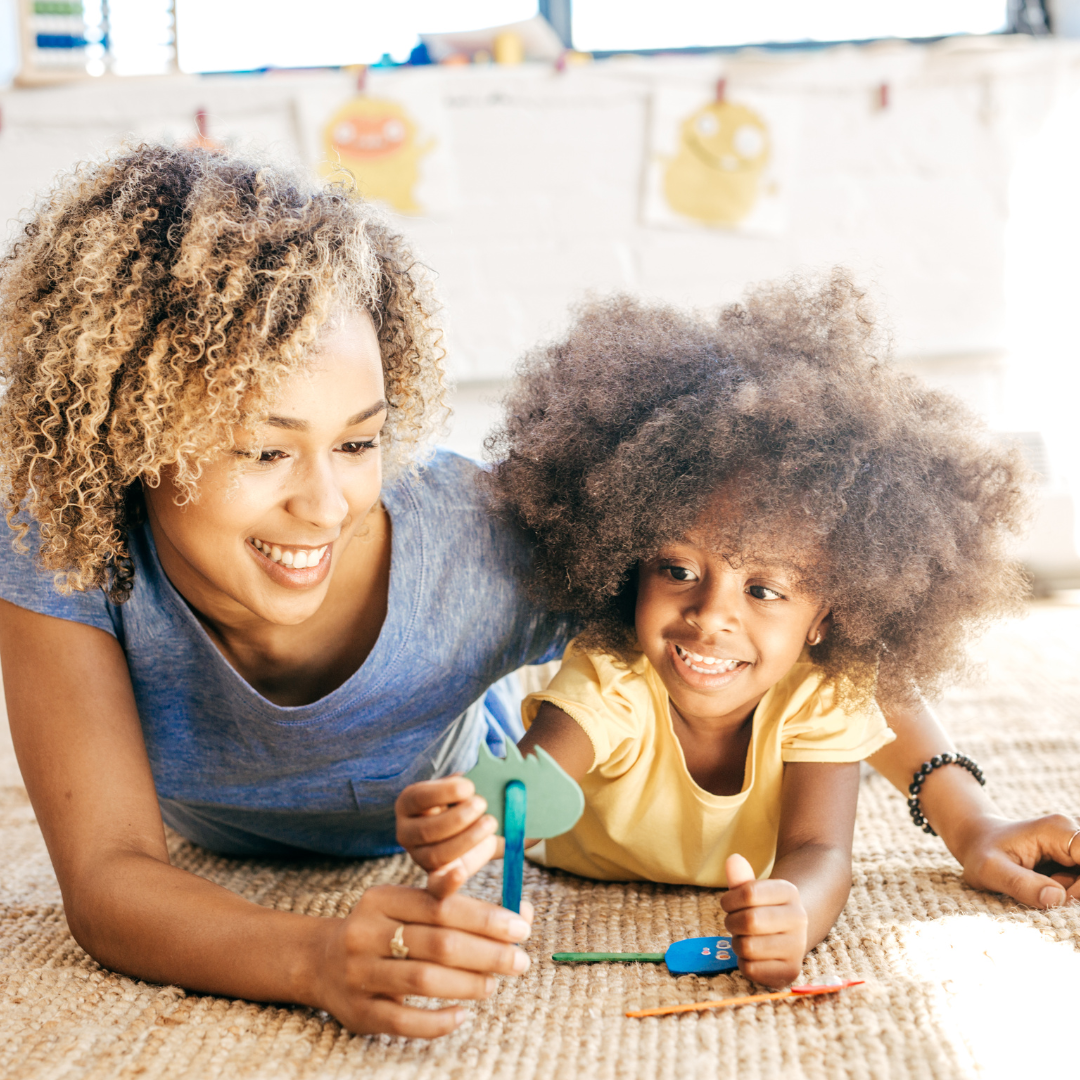
-
Realistic expectations around sharing. The part of the brain needed to learn to share doesn’t develop until nearly 4 and beyond. Toddlers are very much on a sharing learning journey and we need to support them with this.
-
Using the language of turn taking instead of sharing because this is an easier concept to comprehend and gives reassurance that they will get a turn or receive it back. Sharing can imply there is more than one of the things. For example sharing the tangerines or sharing the crackers that they have brought to the park.
-
Role playing turn taking – my turn, your turn practice and then setting up a pretend playdate with toys who are having a little dispute around both wanting the same toy. This role play can have many different forms.
-
Mummy could have a new toy for the teddies to play with and they all want to have a turn but they need to practice taking a little turn each. Could you help them learn to turn take? And then narrate the emotional experience of waiting for your turn.
-
One teddy could take a toy away from another and then talk about the emotions and what they could do to solve the problem, how the toy might feel when they hadn’t finished and it had been taken away, why the toy might have taken it away. What could they do?
-
-
Using stories to teach about sharing. This is one of my daughters favourite ways of learning something. We snuggle up together and read about different characters and their struggles and we really empathize with how each character might be feeling.
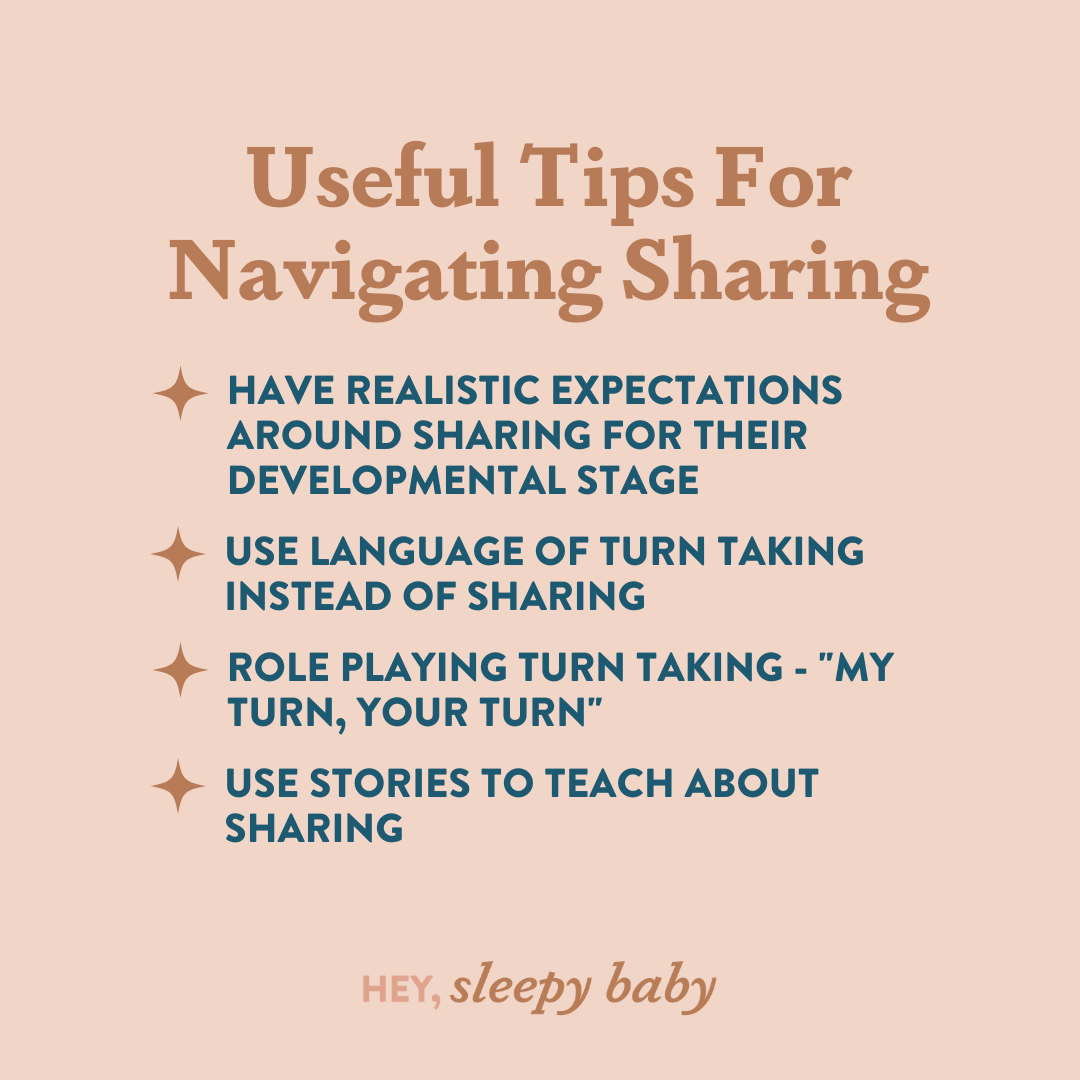
Alongside the preparation work of turn taking, I have a few key things that I do when my daughter is out in the wild of a playdate and not in the easy to navigate role play situations at home. As much as possible I try to let her work through things with her friends.This is much easier in my core group of friends because we all parent very similarly and have similar views on gentle parenting and raising our children. I find if I intervene too quickly (which is most often about myself and my anxiety around social pressure) that it makes her incredibly cross and frustrated and then the learning opportunity to take turns has passed.
These are the two scenarios I find happen the most frequently; another child has a toy my child would like to play with and my child who is incredibly strong will always win the tussle and end up with the toy or my child will have all of the toys and will not want to share any of them with anyone.
In the first scenario I tend to step back and watch what happens. Often when my daughter has taken the toy you can see how impulse driven it was. This is the level that her brain is at. ‘That looks fun, I would like to play with that’. Once she has acted on that impulse she will often look up and see that the other child is crying or upset and after a few moments work out why that might be and sometimes then she will give the toy back to them. If I intervene in this process she will become defensive and cross and will not want to give the toy back which then becomes a power struggle. It is also a much more powerful learning experience for her to process this situation herself. So rather than intervene or tell her how to deal with it I will attempt to commentate the process –
‘There’s one toy and two children, I wonder what we could do. Child A seems a little upset’
Learning to stay neutral and calm in this process and let them have the space and most importantly the time to work it through, is the hardest part.
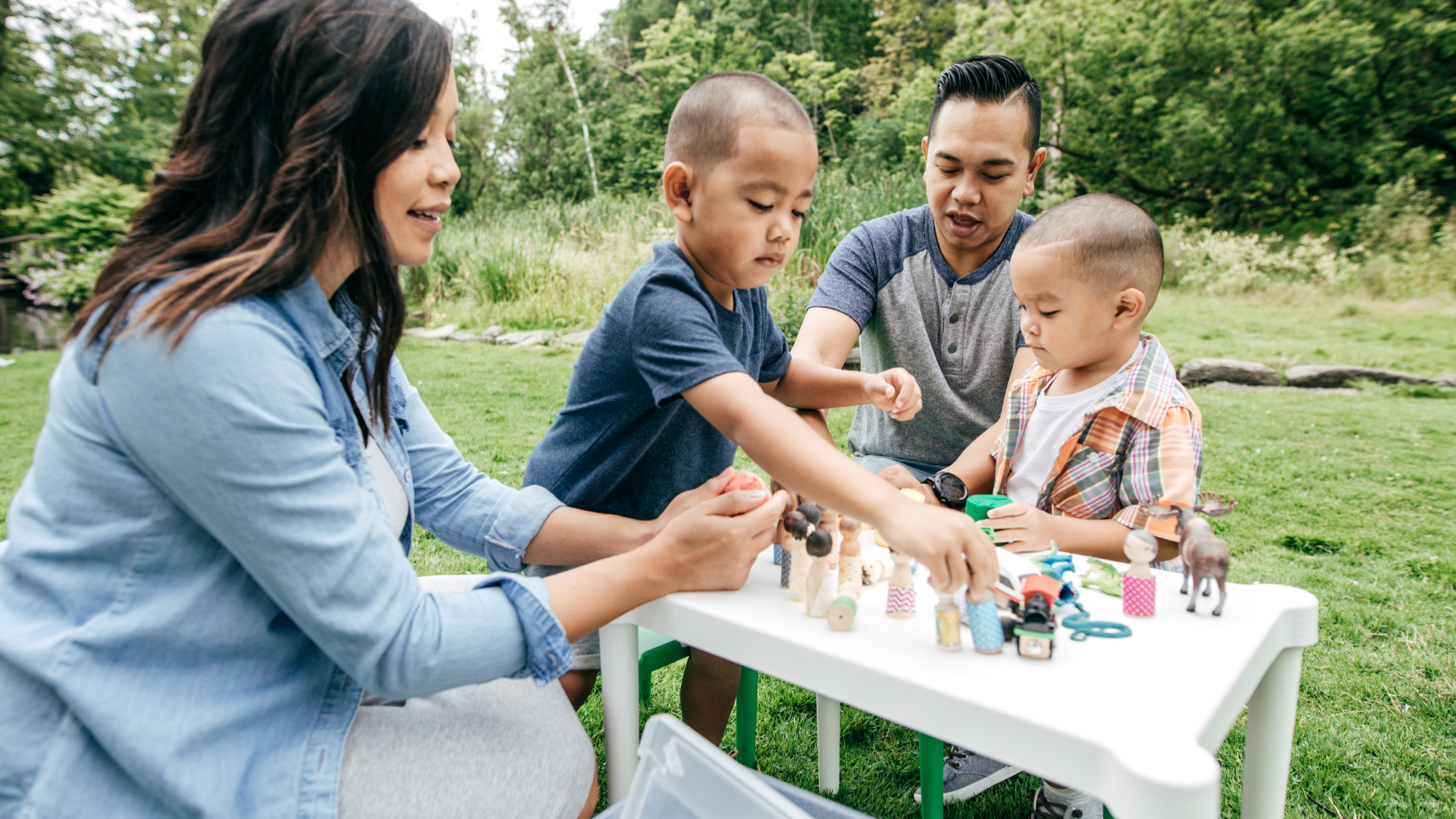
In the second scenario of not wanting to share toys which happens much more frequently when we have playdates at our house I will ask my daughter to choose some toys she would like to share with her friends and we will put those out to play with. This often reduces the issue but we will still have some disputes as they are toddlers and their brains are not developed to navigate peace-making play scenarios. In this situation I will narrate the problem – ‘you are playing with that toy and you haven’t finished your turn right now perhaps you could suggest something else for your friend to play with and then when you have finished your turn you could let your friend know’. Although it is time consuming and emotionally labor intensive, allowing your toddler to help solve the problems deepens the learning experience and creates a calmer atmosphere.
This has felt like an incredibly slow learning experience but I am now reaping the rewards and can see my daughter learning to navigate turn taking with her friends and to be able to articulate herself when she is struggling with big emotions surrounding this. Gentle parenting does at times feel exhausting and learning to regulate your own frustrations is hard work but sharing is not something your toddler can control and the alternative is telling them off, punishing and shaming your child for something they are not capable of doing differently.
Hopefully some of these gentle parenting techniques will work for you and your family.
Was This Helpful? Save It For Later!
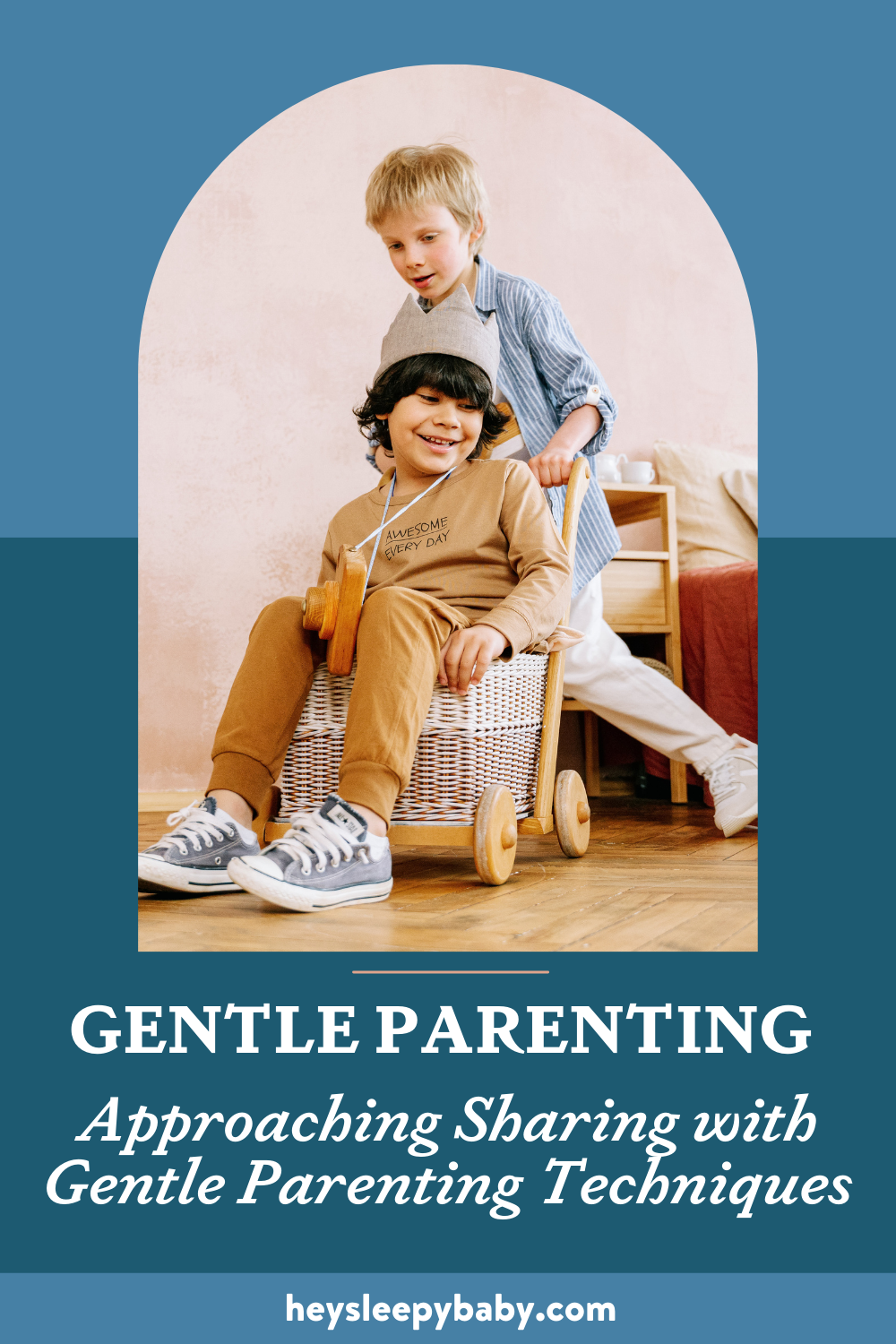
binge reads
We think you'll love these
You deserve to the
baby stage, not just "survive it."
And you DON'T have to sacrifice your values, ignore your instincts, or force yourself to follow a method you don't align with just to get your baby back to sleep.
I’m here to help you create a restful, sustainable sleep environment that honors both your baby’s needs AND your own (without the stress OR the guilt!) because, no, you don’t have to choose between the two.
enjoy!
BABY SLEEP COURSES →
BABY SLEEP CONSULTS →
Wish you could help your baby sleep better without resorting to sleep training? Download my FREE guide to a good night’s sleep and learn 8 simple, science-backed tips for supporting your child’s needs.
Traditional sleep training methods don’t have to be your solution to better sleep.
SLEEP TRAINING ISN’T THE ONLY WAY TO GET GOOD SLEEP
Hey, I'm Rachael and Hey, Sleepy Baby is for parents who want to get their nights back, without sleep training their babies.
NO ONE TOLD US POD
explorING the untold truths of parenting

